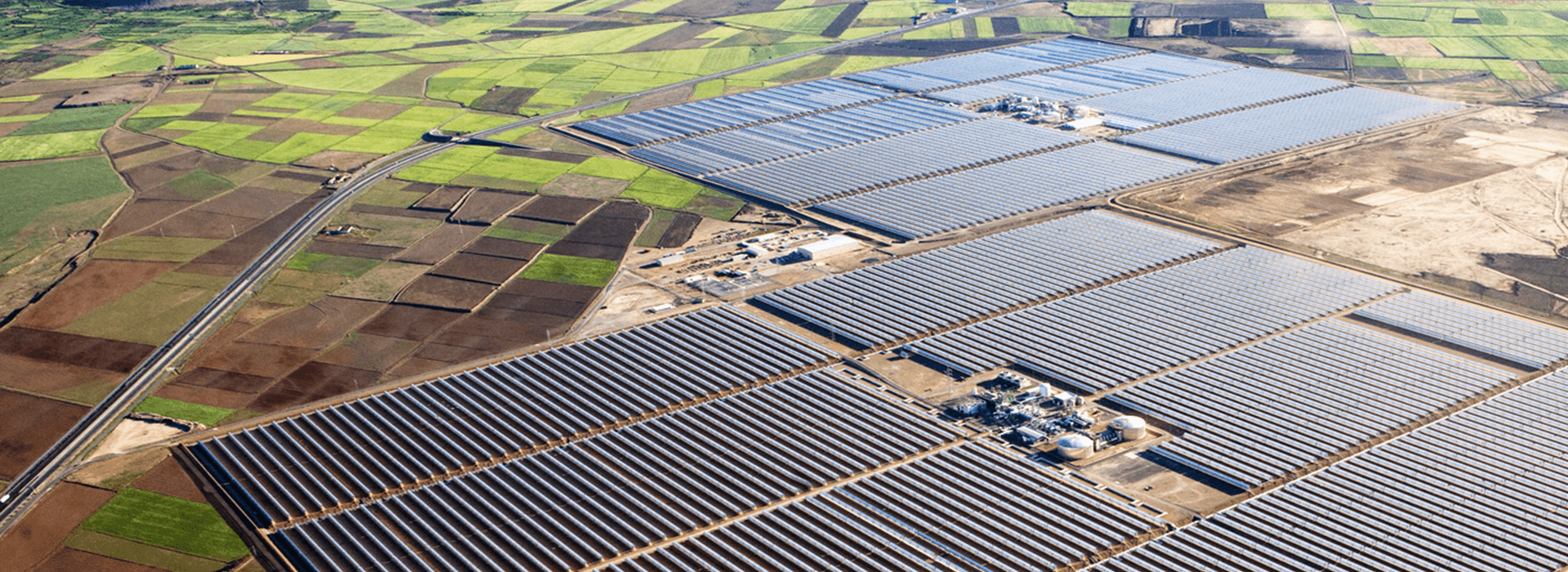Solar thermal collector systems are considered a pioneering technology for the provision of renewable high-temperature heat. Compared to photovoltaics, solar thermal energy offers the advantage that it can be stored efficiently and used at a later time – for example, to supply industrial processes or to generate electricity. However, due to their highly complex technical structure, the degree of automation of these systems has been low to date, which is mainly due to the difficulty of modelling and the low traceability of the thermal processes. This is exactly where AuSeSol-AI came in: the use of data-based AI methods was intended to significantly improve operation, maintenance and control.
Research consortium with industrial and academic strength
The consortium consisted of the German Aerospace Centre (DLR), the Technical University of Munich (TUM), Forschungszentrum Jülich, Industrial Solar GmbH, Concentrating Solar Power España (CSPS) and fortiss. Together, they investigated how large amounts of operating data – in particular from the Andasol 3 solar thermal power plant in southern Spain – could be meaningfully evaluated and utilised using modern AI methods. This involved much more than classic data analysis: the aim was to create systems that are self-learning, adaptive and robust against disruptions – and thus contribute to autonomous operation management.
fortiss develops AI for resilient energy
fortiss contributed its expertise in the research areas of machine learning and architectures and services for critical infrastructures. A central research topic was the analysis of high-resolution spatio-temporal operating data, which fluctuates greatly and exhibits location-specific characteristics. To overcome these challenges, fortiss developed models that are invariant to such variabilities. The key to this was the extraction of meaningful features and the development of suitable distance measures to reveal patterns and correlations in the data stream.
In addition, fortiss investigated how fault conditions and performance losses in solar thermal power plants can be detected at an early stage. The anomaly detection methods developed enable drifts, degradations and other critical changes to be identified before they lead to noticeable malfunctions. The AI models link real operating data with ‘smart data’, i.e. artificially generated additional information, in order to better understand the condition of individual components such as collectors and to classify their behaviour over time and space.
From diagnosis to decision – AI as an operational assistant
Another contribution from fortiss was the development of an AI-based assistance system for decision support. This system continuously evaluates operating data and visualises relevant key figures, enabling concrete recommendations for action to be derived – for example, for the calibration of tracking systems, hydraulic readjustments or the replacement of worn components. It supports both short-term operational decisions and longer-term strategic measures.
Impulses for industrial implementation
AuSeSol-AI has laid a central foundation stone for the use of AI in solar thermal systems. The results show how data-driven, adaptive algorithms can help to increase efficiency and availability, minimise downtime and reduce maintenance costs. The project thus makes an important contribution to solar thermal technologies and at the same time strengthens the international competitiveness of German research and industry in the field of climate-friendly energy technologies.
The partners involved will present their results in the coming weeks at a closing event and in scientific publications. The plan is to gradually transfer the processes developed in the project to industrial applications, thus enabling a sustainable transfer of research into practice.


